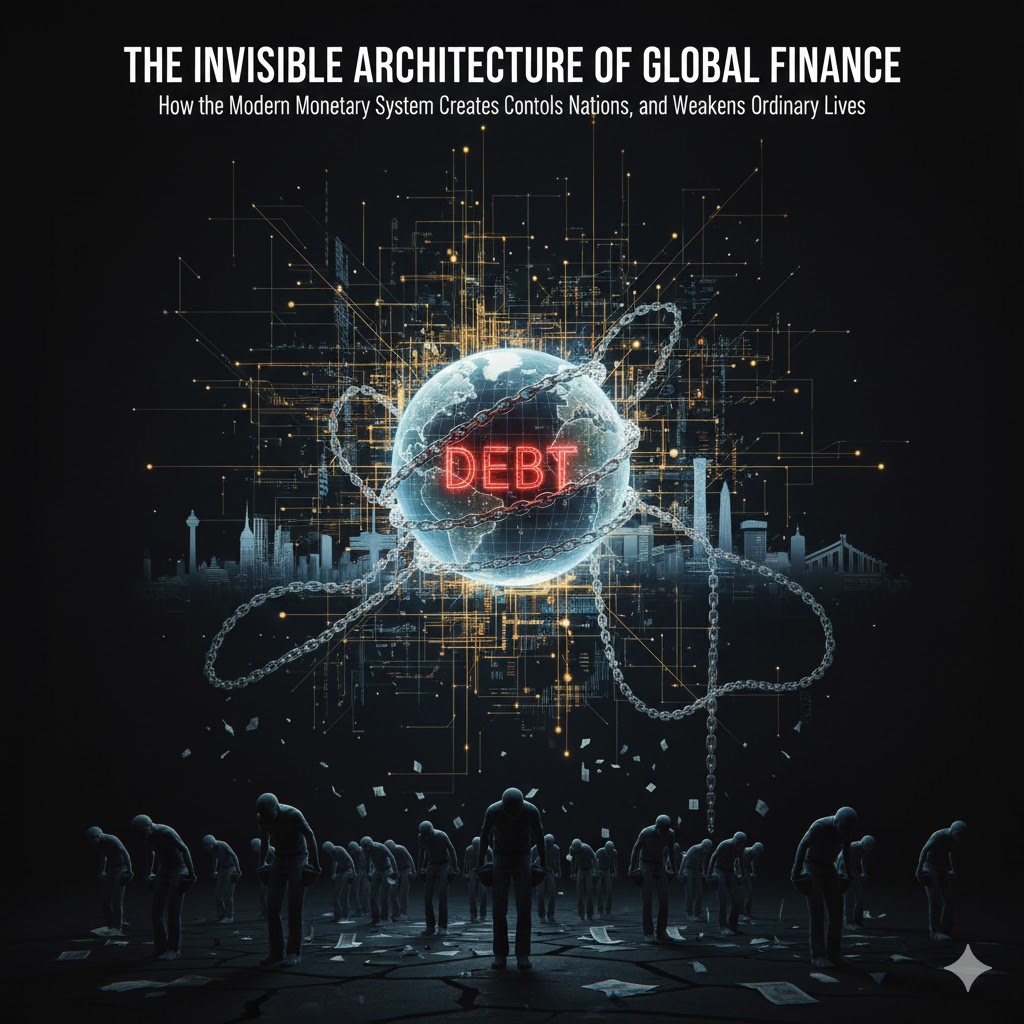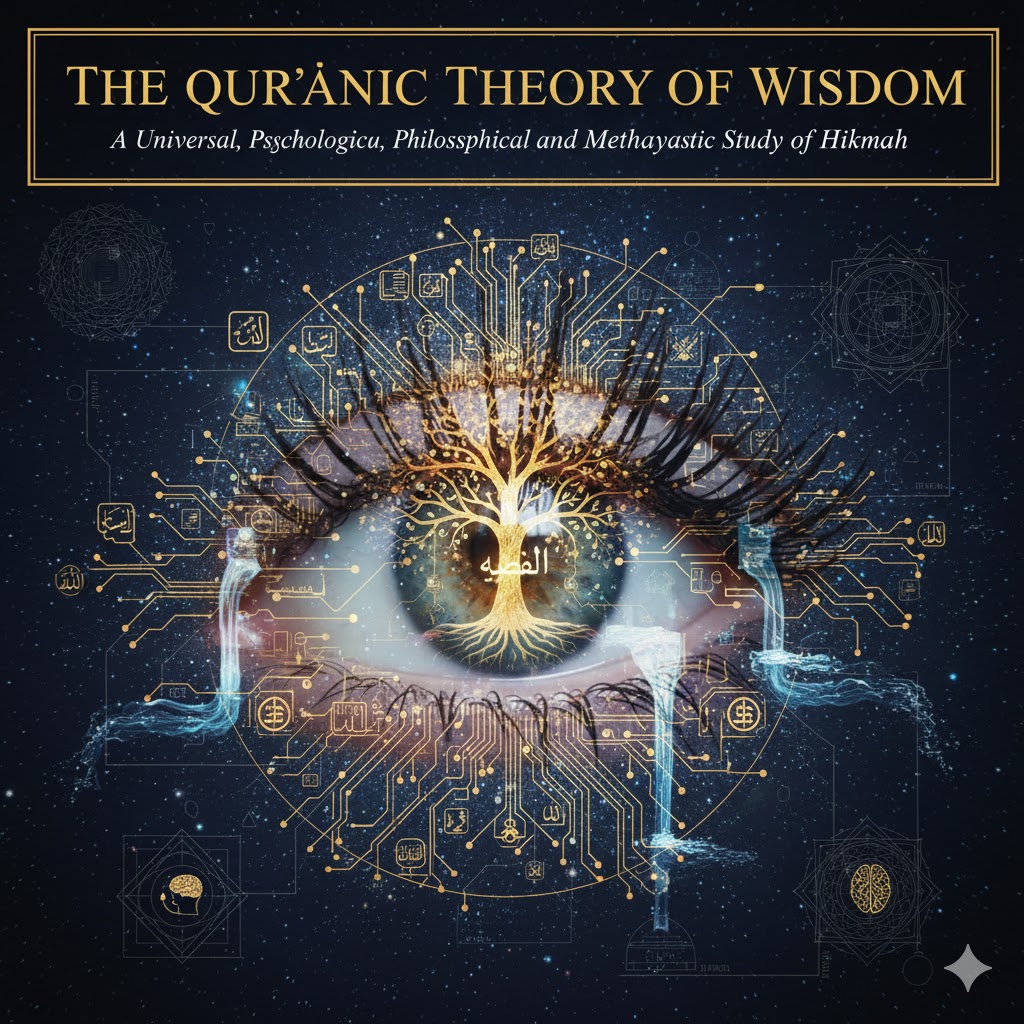
Exploring Morality and Identity in Donna Tartt’s ‘The Secret History
Donna Tartt’s “The Secret History” delves into the intricate world of a group of elite college students whose pursuit of intellectualism leads them down a path of moral ambiguity and tragic consequences. Through the eyes of narrator Richard Papen, Tartt skillfully navigates themes of guilt, privilege, and the dark allure of elitism, inviting readers into a world where academic pursuit becomes entangled with betrayal and murder. As the group’s actions unravel, Richard grapples with his own complicity, questioning the boundaries of loyalty and the price of belonging. Tartt’s prose, rich with literary allusions and psychological depth, captures the essence of a timeless tale where the search for identity collides with the destructive power of secrets kept hidden.








